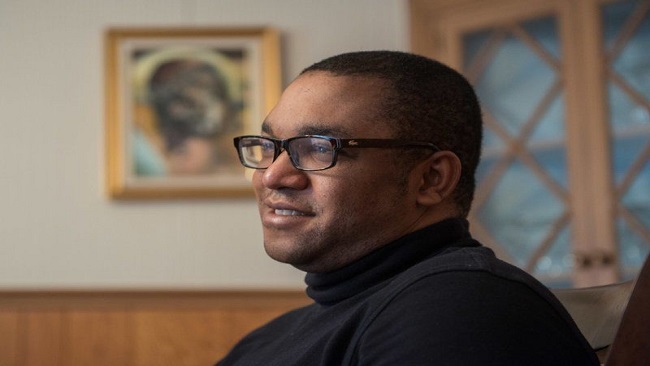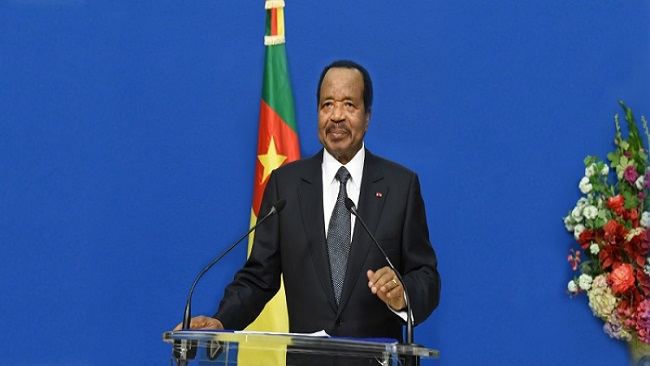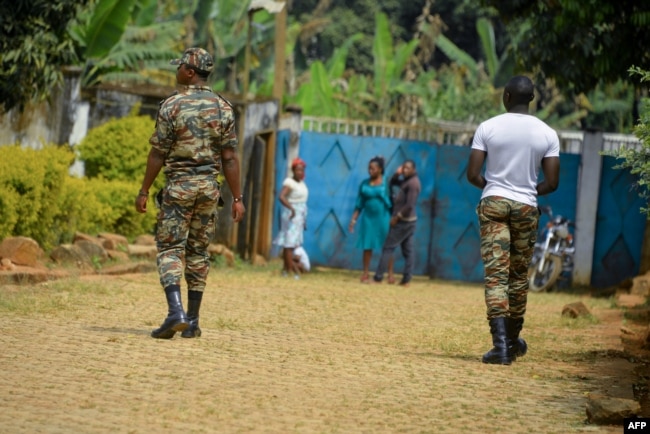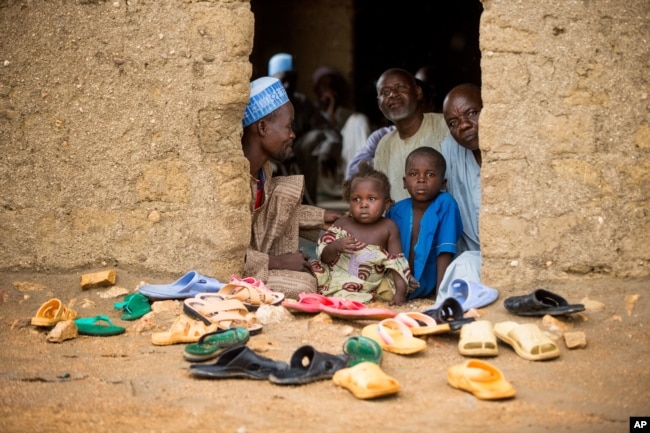2, January 2018
Pope says refugees’ hopes must not be dashed 0
Pope Francis has used his traditional New Year’s Day address to highlight the plight of refugees seekers, describing them as the world’s “weakest and most needy.”
In a Monday speech before an estimated 40,000 people who had converged at St. Peter’s Square at the Vatican, the Pope also said he had chosen the plight of migrants and refugees as the theme for the Church’s World Day of Peace, celebrated annually on January 1.
“For this peace, to which everyone has a right, many of them (the refugees) are willing to risk their lives in a journey, which is often long and dangerous; they are willing to face strain and suffering,” the pontiff said.
“It is important that there is a commitment from everyone, from civil institutions, and those in education, welfare and church organizations, to ensure a peaceful future for refugees, migrants, everyone,” he said. “Please, let us not extinguish the hope in their hearts, let us not suffocate their hopes for peace!”
In November last year, the pope had released a message in which he said the politicians who incited fear of migrants were sowing violence and racism. He acknowledged, however, that the intake of refugees could complicate existing problems in a country, while appealing for practical solutions for welcoming newcomers.
Pope’s remarks about the plight of refugees come as some have questioned his response to the exodus of widely-persecuted minority Muslims from Myanmar to Bangladesh. In a trip to Myanmar last November, the pontiff refused to refer to the minority Muslims by their community name, the Rohingya, because of concerns not to unsettle the Myanmarese government.
More than 620,000 Rohingya have fled state-sponsored violence in Myanmar to Bangladesh. 40,000 have also escaped from Southern Cameroons into Nigeria.
In Myanmar, the Pope made no explicit mention of the brutality, amid reports that he had been warned by advisers against mentioning the word “Rohingya” out of fear that it would turn the country’s military and government against minority Christians in Myanmar as well.
Over the past months, Myanmarese government troops and Buddhist mobs have been raping, killing, and arbitrarily arresting the Rohingya. They have also been carrying out mass arson attacks to destroy houses in predominantly-Rohingya villages in the west of the country.

































2, January 2018
Biya regime can get $100M from UN for underfunded or ‘forgotten’ emergencies 0
Cameroon is among nine countries that can avail of at least $100 million in funding from the United Nations in 2018 for underfunded or “forgotten” emergencies. The funds will come from the UN Central Emergency Response Fund (CERF), a voluntary fund pool that supports critical relief operations in crises around the world.
During a pledging conference in New York on Dec. 8, UN Secretary General António Guterres said the CERF would allocate $100 million each for nine countries with “underfunded emergencies.” Aside from Cameroon, the other countries are the Philippines, Democratic Republic of the Congo, Uganda, Tanzania, Mali, Eritrea, Haiti and Pakistan.
Under the grant program, the CERF invites partners to identify projects that could qualify under CERF’s guidelines for underfunded emergencies.
The CERF defines “underfunded emergencies” as crises that cannot be funded sufficiently by governments and appear to have been “forgotten.” While local nongovernment organizations cannot directly receive funds from the CERF, they are encouraged to get involved in the process because they often serve as implementing partners.
The CERF is replenished every year and Guterres said the UN General Assembly passed a resolution in 2016 increasing CERF’s annual funding target from $450 million to $1 billion due to increasing humanitarian needs globally. Protracted crises from long-running conflicts and the impact of natural disasters are likely to continue in 2018, he said, while the impact of climate change was likely to grow and intensify.
In 2017, CERF reached a record high income of $504 million through additional commitments made by donors, according to the United Nations. The fund allocated almost $130 million to help prevent famine in Nigeria, Somalia, South Sudan and Yemen. The fund also supported relief responses such as those for Palestine refugees in Gaza, for Rohingya refugees in Bangladesh, and those affected by hurricanes “Irma” and “Maria” in the Caribbean. Created in 2005, the CERF is managed by the UN Office for the Coordination of Humanitarian Affairs.
Report by the Globalnation. Inquirer